SCREENWRITING: WORKING WITH DIRECTORS
As a screenwriter, you’ll work with directors in numerous ways over the course of your career. Your role in the process will change as you grow and progress in the industry, so take this advice with a grain of salt! For many writers, especially those young in their careers, working with directors is a real curiosity. Let’s talk screenwriter/director relationships at the Indie and Micro Budget levels.
We’re going to cover things like working with our director’s vision, communication techniques, proper etiquette, and your overall relationship throughout the process. Since we’re talking Indie and Micro Budgets, we’ll be making the assumption – your director is also the executive producer, and self-funding their project, or you are a writer-for-hire and they’ll be the ones to pitch the project or find the money.
If you’re seeking advice for screenwriting with studios or large production companies, that’s a whole other article.
COMPARED TO PRODUCERS…
We recently covered working with producers, but it’s not typically the same game when working with directors. There are many nuances and little intricacies that you need to keep in mind. By form of what we’ll be digging further into today, your directors will also be wearing the producer hat; but unlike working with just another producer, the director should have a growing vision for the screenplay.
At this level, you’ll need to set boundaries for when to reel that vision in, or clarify it – especially if your director’s vision sporadically changes. More on that later. But the overall difference in working with a director, as opposed to a producer, is that the director is already beginning to piece together how they’re going to shoot this film. They’re figuring it out piece by piece. It’s hands-on and dirty process. And it’s the most romantic form of filmmaking. That’s why many notorious artiste filmmakers are writers, directors, and producers. That freedom from control allows them to truly be artists.
SCREENWRITING CONTRACTS
Just like our Navigating Producers article, I’m not going to go too far into screenwriting contracts. That said, I will stress the idea of actually having a contract. No matter what, it’s better to be safe when working with collaborators. You want to make sure it’s stated clearly in black and white whose role is what, the negotiated rates or agreements made, as well as number of drafts.
You don’t want to get stuck with a director who can’t make their mind up on the idea for the screenplay, or keeps demanding rewrites or changes. This may depend on a variety of factors. You may be considering: Is this director close to you, or is this a director you met professionally? The simple answer is the nature of your relationship shouldn’t determine the tone of your contract – it should always be professional and prepared by legal professionals.
If you want to avoid trouble later, it’s best to clarify your professional relationship upfront. Lest you’re expected to collaborate on the phone for hours a week with little results. I’ve seen and heard this done many times where a director gets lost in their imagination, and the screenplay is ultimately lost in Development Hell.
In my opinion, I would make sure the idea is clearly thought out before going into any screenwriting contract. If not, you may find yourself with a director who changes the idea for the project weekly.
THE VISION
Let’s face it, unless you’re a writer/director, you need to curtail the screenplay to fit the director’s vision. You create the blueprint in which to build the vision. Where the action takes place, the action itself, the characters, what they say, it’s all right there on the page. We can see it in our heads. But it’s the director’s vision of the project that we must convey onto the screen.
It’s no easy feat, but it’s your job to construct the blueprint for the director. That’s why screenplays read more like shopping lists than great literary works. If you’re looking to be a genius on the page, write a book. Screenwriting is supposed to be fundamentally concise and direct. Then, the director will take those words and construct the imagery with the director of photography.
COMMUNICATION
Your job as a screenwriter is to understand the director’s vision upfront. If they don’t have one, urge them along. I know it’s not ideal to have a director without a vision, but realistically, they’re out there. And having too many differing visions is the same as having no vision. It’s about finding your focus and sticking to it. And if you do decide to change your vision, it should feel like a big deal. If you change your focus too often, then you’re in trouble. That’s why it’s important to establish the idea for the project early before you sign anything.
The director can share their vision with you in a variety of ways. One of the most common is through showing comparable works, or something that inspires them. This is usually other movies. Directors may also share books or other forms of literature with you. Paintings and photography are common also. It’s important to immerse yourself in the director’s assets because whether you’re screenwriting, or rewriting to fulfill their vision, you need to understand where they’re coming from.
Make sure you’re asking questions and contributing to the vision. The director may have their vision, but it’s okay to talk it through with them and offer your own ideas. Filmmaking, and especially screenwriting, is a collaborative effort. Take ideas, delete others, and make sure your screenplay is in its best form possible. Shed the ego and then you’ll have something you’re truly proud of.
ETIQUETTE
It’s important to have a well-balanced form of communication. Whether you’re collaborating through phone calls, email, Skype, or in person, it’s imperative to establish that form of communication comfortably and use it to your advantage. I typically have director clients I work with over the phone because they are in different regions, and others I work with in person here in LA. When on the phone, I use Google Docs so the director can see in real-time our notes, points of discussion, and “menu.”
I’ve had a few difficult situations where directors wanted to collaborate and actually write over the phone with me. For me, it’s not my favorite form of screenwriting. I like to think my ideas out, type them, make a mistake, fix it, and with each readthrough, finesse, finesse, finesse.
I find my process extremely difficult to do when collaborating in real-time. So, I set my boundaries. Part of my process is going away, taking a week or two, and writing the first draft. This is after our meetings, discussions, and ultimately clarifying the director’s vision. That way, I can have the time and confidence in writing the screenplay to the best of my ability.
Even when working with my co-writer, we’ll assign scenes to one another. That’s what works for us. You might be more inclined to collaborate more directly. And that’s fine, too. The point is, communicate your process clearly and make sure there is respect for your process.
Concurrently, you want to understand and respect the director’s process as well. Through talking your processes out together, it’s important to establish a common line of thinking. You may each need to concede a little and come to some form of an understanding, but make sure this is done in a respectful way. If you feel you’re not receiving respect, or you don’t respect the director’s process, then you need to consider if it’s better to walk away from the project early, before signing a contract.
DON’T BE AFRAID TO SAY “NO”
Let’s face it, as a screenwriter, especially in Indie and Micro-budget markets, you will work with a lot of rookie directors. This isn’t a bad thing. It’s good to have a healthy range within your network. When you take work at this level, oftentimes you can work on more creative ideas and with fascinating talent. But this can also lead to misunderstandings at times.
There will be times when you’ll need to learn to just say “No.” Don’t make a habit of it and be sure you do it with tact. Explain yourself coherently so you don’t come off arrogant – but it’s important to also make sure you’re not running off into the workload of other departments.
I have a specific example of this happening a little while back. I was working on a screenplay for a director who was new to film, and they wanted me to write the shots into the screenplay. Now, there were no shots provided to me from a DP, or even the director. I was asked to imagine the shot list myself and work it into the screenplay. Now, this isn’t the role of a screenwriter. When it comes to the shots, that’s the DP and director. So, naturally, I had to explain that the shot list is not my jurisdiction.
It’s important to realize that there can be a learning curve at this level. Now, I also have director clients who’ve been working commercially for nearly 30 years. You’ll have a barrage of talent, but it’s important to assert yourself in a calm, collected way. Just make sure to be friendly and do it with a smile. No one appreciates someone talking down to them.
Now, working directly with directors to realize their vision can be an extremely rewarding experience. Creating and collaborating with talented directors brings a sincere appreciation to the work of others, and yourself. There will be give and take, but if you suspend the ego, the ideas will flow! Remember, the screenplay is the blueprint for the film, so you want it to be lean, mean, and the ultimate version of itself.
Do you have any interesting or just plain crazy experiences while screenwriting with directors? We’d love to hear your stories below!

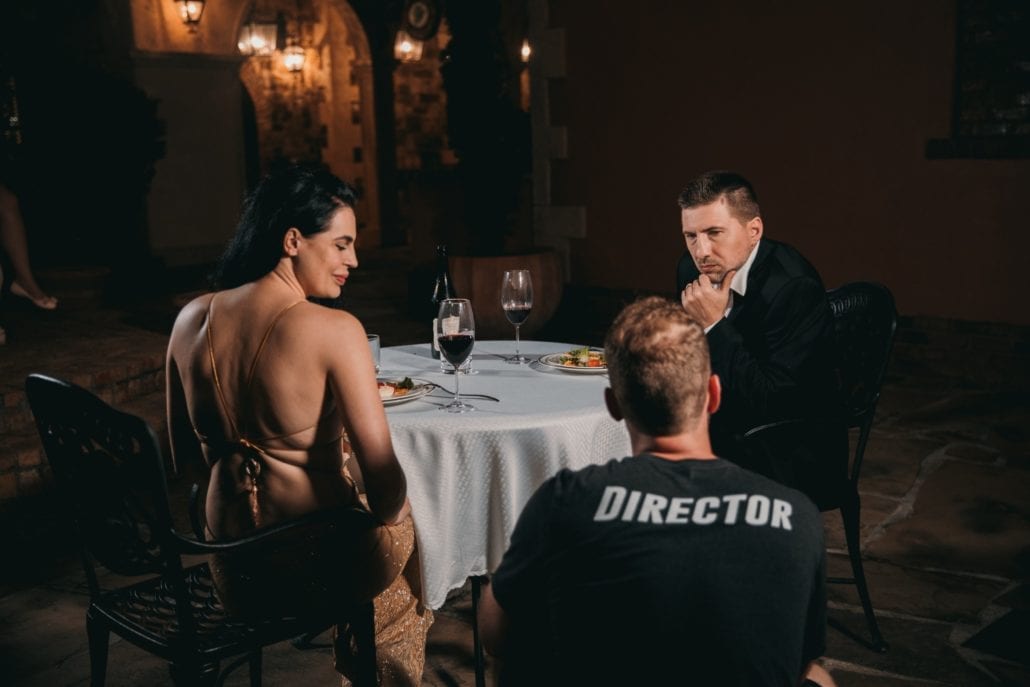
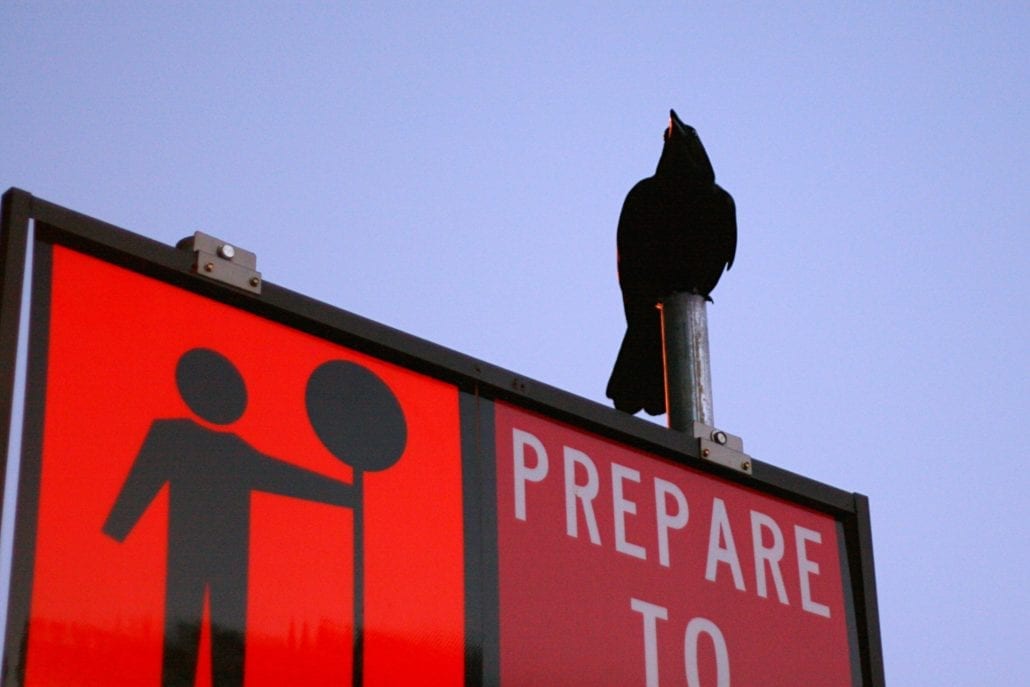


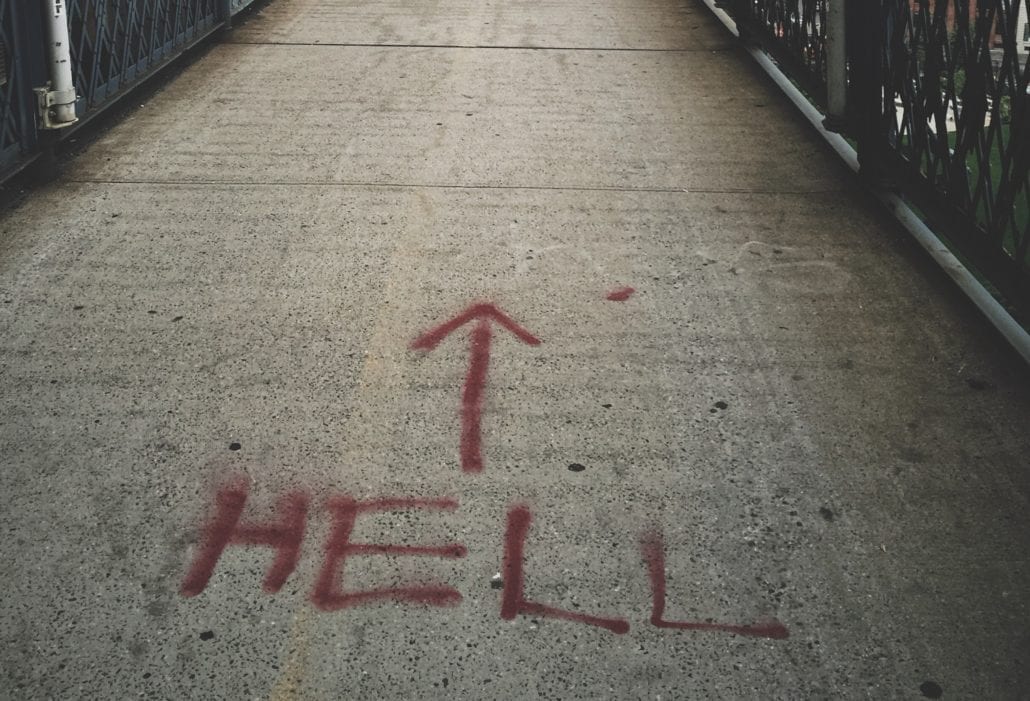




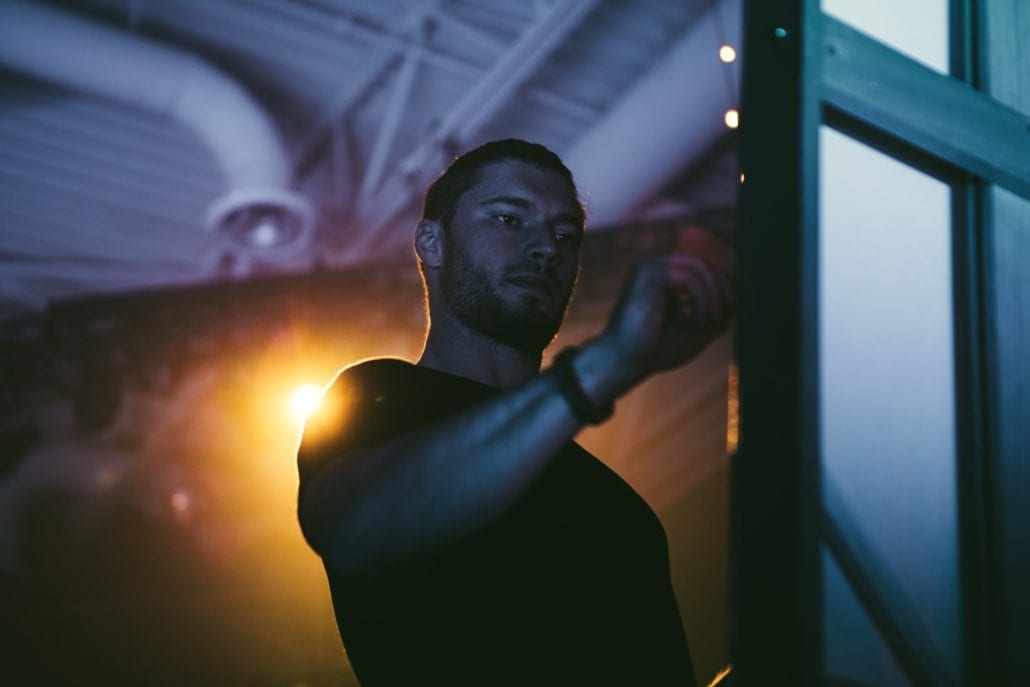


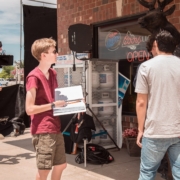

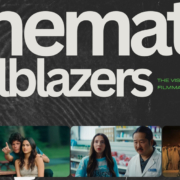



Trackbacks & Pingbacks
[…] scenarios for contracts. There’s screenwriting-for-hire and pitching a finished screenplay. When I’m hired to write screenplays it’s always been for a director who will also produce their … So, we take care of contracts up front. Always according to the WGA guidelines. If sold or finds a […]
Comments are closed.